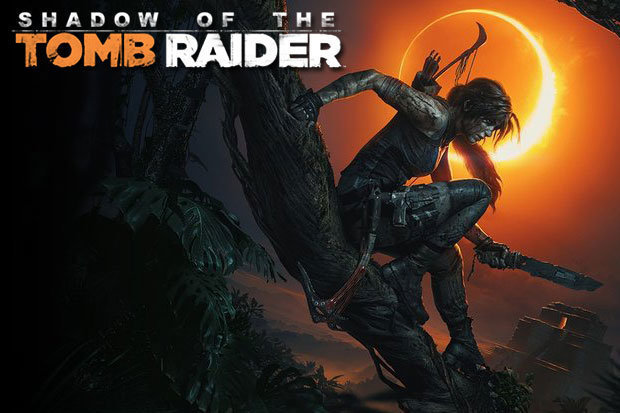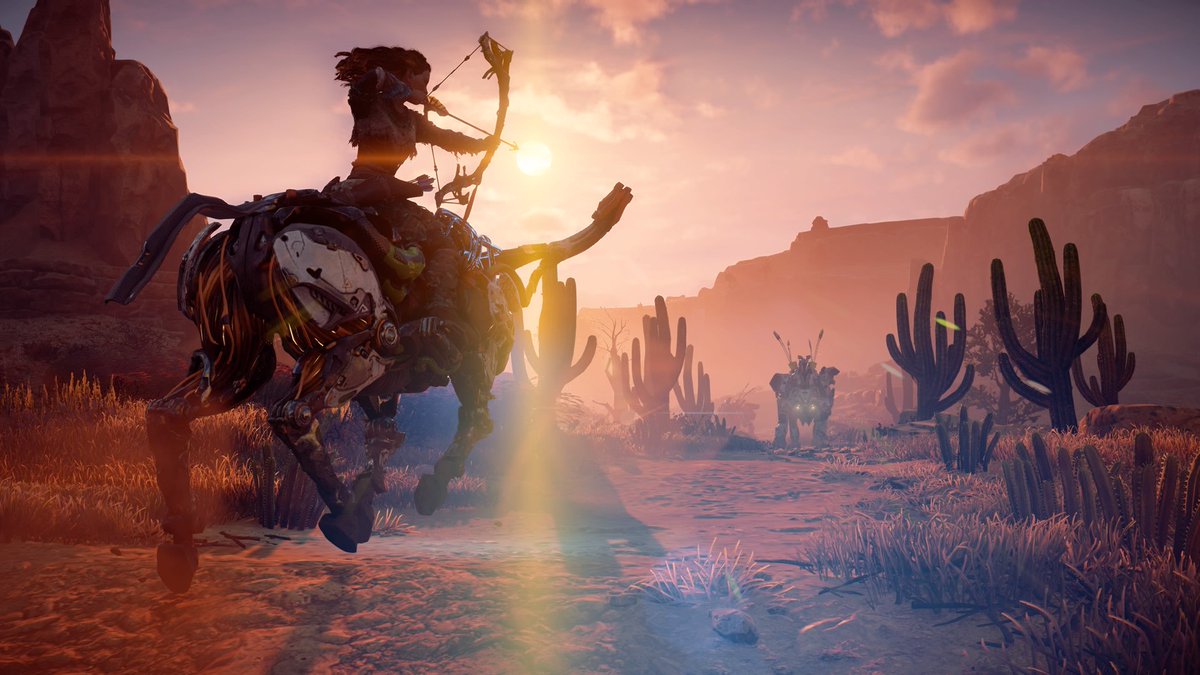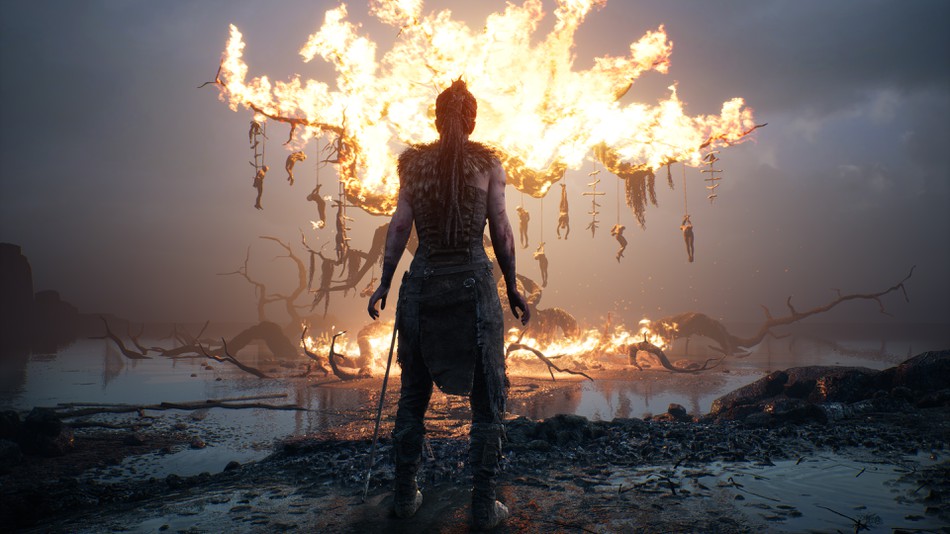
£100 million to make a game?! You must be having a laugh! In the reveal of Shadow of the Tomb Raider we saw Square Enix announce a budget of £75-100 million to make the game. With a budget bigger than Deadpool, a box office giant, there is a very real fear games are verging on the unaffordable. But are we right to stick our noses up at the £50+ price tags?
Don’t get me wrong, I am a complete sucker for a bargain and rarely do I purchase a new game at opening prices (Unless it’s an Assassins Creed title). Consumers quite rightly turn away from heavier price tags especially in the current market, with DLC, map packs and FUT leaving many with considerably lighter pockets. The clear line in the sand, for me at least, is at play-to-win and boosters. Some developers have begun to recognise the deep rooted distaste for the concept, with Shadow of War becoming one of the first games to completely remove their micro-transactions.
However, there is a very real argument that attempts to accrue money using methods such as these is the only way developers can continue to produce such high quality content. Firstly, you have to appreciate the time which goes into making a video game, with hundreds of late nights and dedication to the project being the order of the day. These are the parts of video games the consumer don’t see, and its hugely significant. Horizon Zero Dawn’s Developer, Guerrilla Games, took 6 years to bring the project to completion and when all that work only amounts to 60 hours play-time, it may be time to reconsider what it is we are actually paying for.

That being said, this year’s Gaming BAFTA awards saw landslide victories for one game in particular; Hellblade: Senua’s Sacrifice wasn’t only a spectacular game, it proved that you didn’t need a budget of 75 million to create a fantastic story and immersive gaming experience. Now, as with all games, it suffered from its bugs, clunky camera angles and texture rendering issues, but with a development team of three and a budget considerably less than SotTR it may well set a precedent for a new type of game production.

Hellblade features amazing combat and artistic direction, which helped to push the game to more casual observers, not to mention permadeath, but it also managed to transcend its budget to create an incredibly polished finished product. It seems that it all boils down to the developer, and as gamers we must support the developers we love. The problem now is developers and publishers attempting to transform the sector into one which is primarily concerned with profit, rather than the best possible content. Enough doom and gloom, let us celebrate the developers that push those boundaries and create amazing stories we can get lost in and maybe let’s not be so choosy when it comes to price tags. I have easily spent £50 going to the cinema and only enjoyed myself for 2-3 hours. Make your choice.




